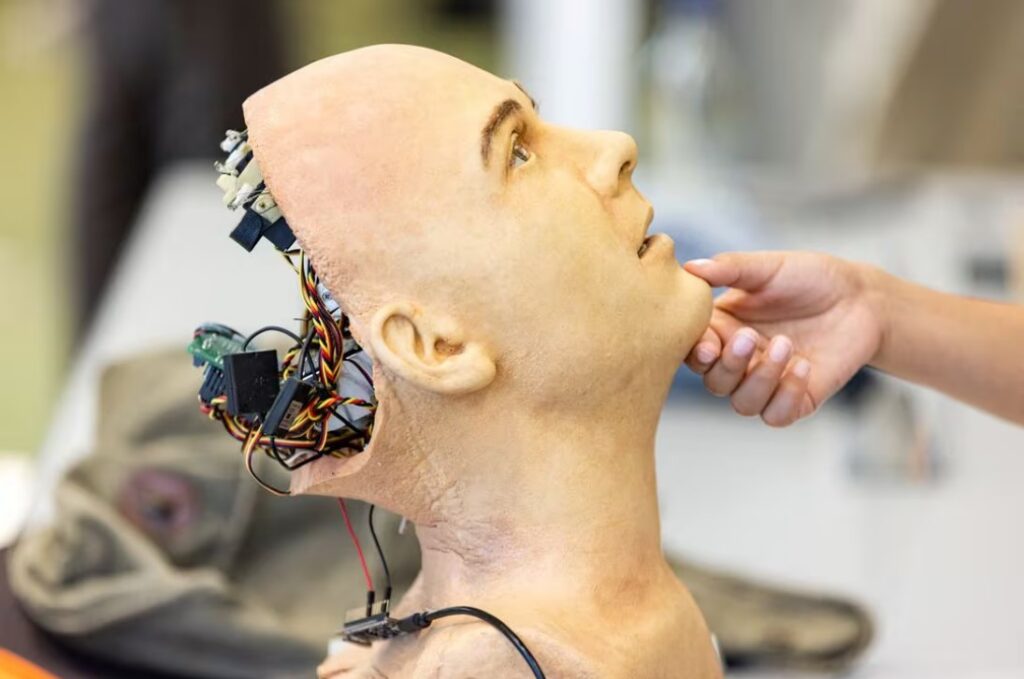
In a historic move, Europe has achieved a breakthrough in the regulation of artificial intelligence (AI). This article delves into the details of the provisional deal reached by the European Union (EU) on governing AI, encompassing crucial aspects like biometric surveillance and the regulation of AI systems such as ChatGPT.
The Road to Agreement
1. Marathon Negotiations
- Almost 15 hours of intense negotiations.
- Followed by a grueling 24-hour debate the previous day.
2. EU’s Pioneering Position
- European Commissioner Thierry Breton hails it as a historical day.
- EU positioning itself as a global standard setter.
Key Provisions of the Agreement
3. Transparency Obligations for AI Models
- Foundation models and general-purpose AI systems (GPAI) must comply.
- Requirements include technical documentation and adherence to EU copyright law.
4. Stringent Requirements for High-Impact Models
- Foundation models with systemic risk face extensive evaluations.
- Obligations include adversarial testing, reporting serious incidents, cybersecurity, and energy efficiency disclosures.
5. Real-Time Biometric Surveillance Restrictions
- Governments limited to specific cases for real-time biometric surveillance.
- Instances include victims of certain crimes and prevention of threats like terrorist attacks.
6. Ban on Unethical Practices
- Cognitive behavioral manipulation prohibited.
- Unethical practices like scraping facial images, social scoring, and biometric categorization banned.
7. Empowering Consumers
- Consumers granted the right to launch complaints.
- Fines for violations ranging from 7.5 million euros or 1.5% of turnover to 35 million euros or 7% of global turnover.
Reactions and Criticisms
8. Business Concerns
- DigitalEurope criticizes the rules as an additional burden for companies.
- Director General Cecilia Bonefeld-Dahl questions the cost-effectiveness of the deal.
9. Privacy Advocates’ Discontent
- European Digital Rights expresses disappointment.
- Senior policy advisor Ella Jakubowska highlights concerns about live public facial recognition.
Implementation Timeline
10. Expected Timeline
- Legislation likely to enter into force early next year.
- Application set for two years after formal ratification by both sides.
Global Implications
11. Balancing Act for Governments
- Global governments striving to balance AI advantages with necessary regulations.
- EU’s ambitious AI rules may set a precedent for other nations.
12. Shaping the Future
- EU law as a potential blueprint for governments worldwide.
- A possible alternative to the U.S.’ light-touch approach and China’s interim rules.
Industry Perspectives
13. Technology Companies’ Dilemma
- Companies like OpenAI and Google continue to explore AI’s potential.
- EU’s regulations influence the global AI landscape.
14. Unveiling New Technologies
- Google’s Gemini challenges OpenAI with a new AI model.
- Europe’s AI regulations may shape the trajectory of technological advancements.
Conclusion
In summary, Europe’s agreement on AI regulations marks a pivotal moment in global governance of artificial intelligence. Striking a balance between innovation and ethical considerations, this landmark deal positions the EU as a leader in shaping the future of AI.
FAQs
-
Q: When will the legislation come into effect?
- A: The legislation is expected to enter into force early next year.
-
Q: What are the penalties for AI regulation violations?
- A: Fines range from 7.5 million euros or 1.5% of turnover to 35 million euros or 7% of global turnover.
-
Q: How does the EU deal address real-time biometric surveillance?
- A: Governments can only use it in specific cases, such as victims of certain crimes or prevention of threats.
-
Q: What is the stance of privacy advocacy groups on the AI regulations?
- A: Groups like European Digital Rights express concerns, particularly about live public facial recognition.
-
Q: How might the EU law impact global AI governance?
- A: It could become a blueprint for other governments, offering an alternative to existing approaches.
